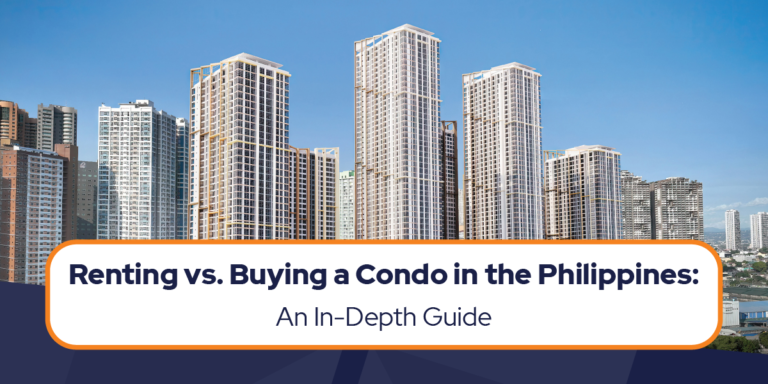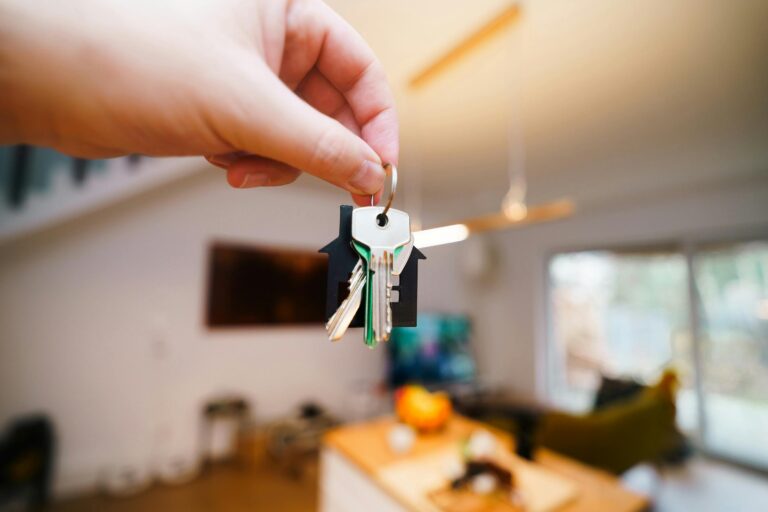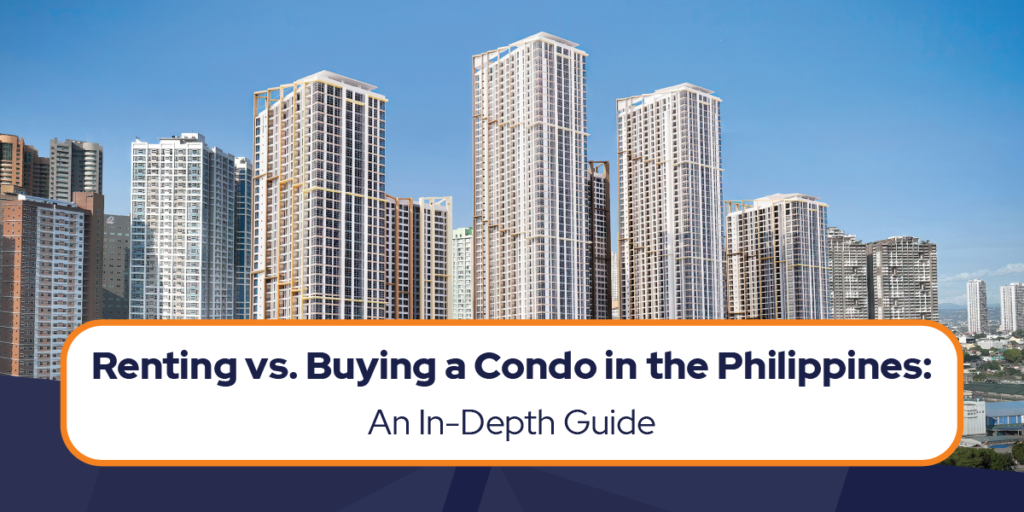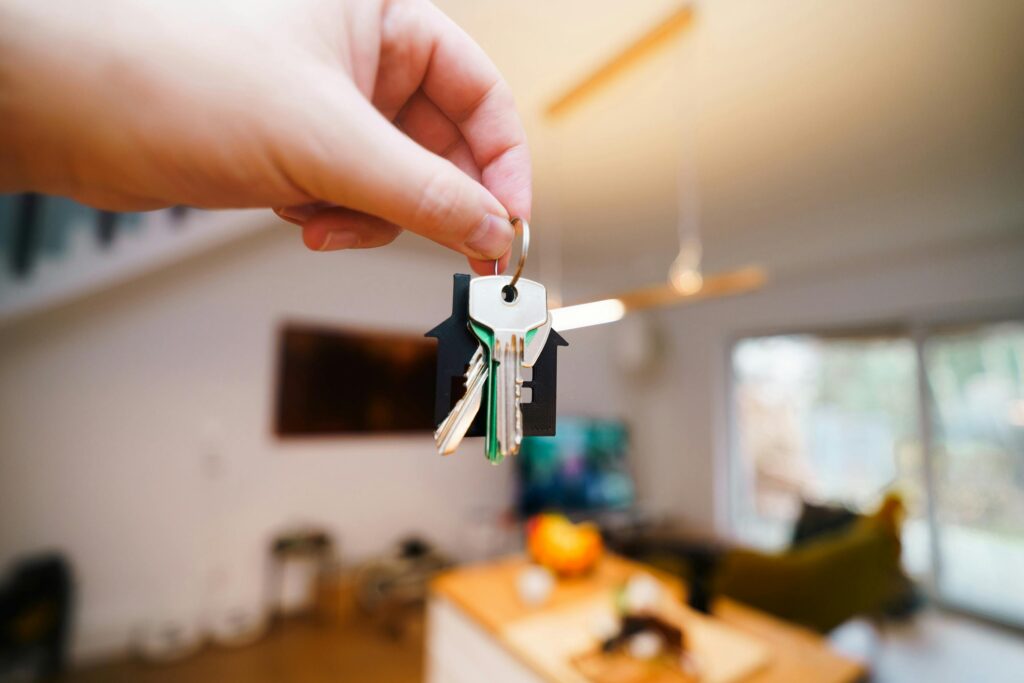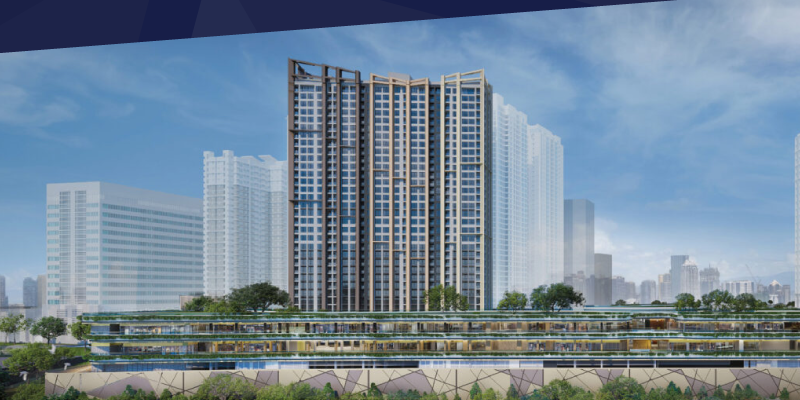You’ve lived the condo life—close to work, easy maintenance, and amenities at your doorstep. But lately, it’s starting to feel cramped. Maybe you have kids now. Maybe you want to hear birds instead of car horns. Perhaps you’re dreaming of a garden, a garage, or a space where your pets can roam free. You’re suddenly ready for permanence.
Buying a house is a major milestone. It signals a shift to a more grounded way of living that’s centered around space, security, and the long term. That’s why moving from a condo to a house is a lifestyle overhaul.
Whether you’re building your first family home or planning to retire somewhere peaceful, this guide will help you understand the shift, make informed decisions, and transition smoothly.
What to Consider When Transitioning from a Condo to a House
As a first-time house owner, you’ll notice a few big changes after living in a condo. Here’s how to understand the shift clearly and confidently.
Reassess your lifestyle goals and space needs
Condos fit a specific phase of life—one that prioritizes convenience, mobility, and low maintenance. But as your circumstances evolve, so do your space requirements. A growing family, remote work setup, personal hobbies, or even owning pets can quickly make condo living feel restrictive.
A house gives you more freedom to adapt. You’ll enjoy larger indoor areas, private outdoor spaces, and the flexibility to have rooms like a home office, nursery, or guest bedroom. You can also plan for the future: Will you need space for aging parents? Are you dreaming of a peaceful neighborhood for retirement?
Owning a house allows you to align your living space with your long-term lifestyle. Plus, you gain complete control over your property. These upgrades are often restricted or prohibited in most condo developments.
Budget like a pro: From monthly dues to long-term costs
Shifting from a condo to a house means recalibrating your finances. While you’ll stop paying monthly condo dues, other expenses will enter the picture.
- Upfront costs
- Property price and taxes
- Reservation fee
- Downpayment
- Title registration fees
- Appraisal fees
- Hidden and ongoing costs
- Renovations
- Repairs and maintenance
- Moving fees
- Utility connections
- Homeowners’ association dues
If you’re selling your condo to fund your next home, make sure you understand your potential net proceeds and market timing. It also helps to get loan pre-qualification early on to strengthen your negotiating position and purchasing power.
Look beyond the city center, but stay practical
Living in Metro Manila keeps you close to offices, malls, schools, and hospitals but these perks often come with congestion, noise, and smaller living spaces. Don’t limit your search to the city center. Lots for sale in Cavite, Laguna, and Bulacan are quickly becoming ideal locations for families, professionals, and retirees.
Why? They offer lower population densities, larger lot sizes, master-planned communities, and better access to nature and green spaces.
Thanks to infrastructure projects like CALAX, Skyway Stage 3, and MRT-7, these areas are now more accessible than ever.
Wherever you choose to live, always assess:
- Proximity to schools, hospitals, and retail centers
- Reliable internet and utility services
- Road access for commutes and weekend trips
You don’t have to choose between peace and practicality. With the right location, you can have both.
Know what it takes to maintain a standalone home
In a condo, you’re used to calling the building admin when the elevator breaks or the hallway lights go out. In a house, it’s all on you. You’ll now be responsible for roof leaks, gutter clogs, plumbing, electrical repairs, landscaping maintenance, pest control, deep cleaning, and seasonal upkeep.
Ask yourself: Do you have the time and energy to manage this? Or the budget to hire trusted service providers?
Some homeowners love having full control over their space while others find it time-consuming and costly. Evaluate your physical, financial, and emotional capacity before making the move.
Choose the right developer and property type
Your future home is only as good as the people who build it. Choose a real estate developer in the Philippines with a proven track record, transparency, and a commitment to quality.
Look for master-planned developments with ample green space, recreational amenities, good drainage and road systems, and strong after-sales service.
Also, decide between pre-selling and ready-for-occupancy (RFO) homes. Pre-selling homes are more affordable and payable in stages, but you’ll have to wait. Meanwhile, RFO homes cost more upfront, but you can move in sooner.
Before signing anything, always visit the site. What looks great in a brochure may feel different on the ground.
Upgrade Without Guesswork
If it’s your first time buying a house, you’ll learn that it’s a commitment to the next phase of your life. With proper planning and the right guidance, it’s a move you won’t regret.
Reassess your long-term goals, set a realistic and flexible budget, choose the right location and builder, and prepare for hands-on ownership.
At FNG, we make the condo vs. house transition stress-free and straightforward. Our house-and-lot developments in emerging areas like Cavite offer the space, security, and flexibility you need.
Take the next step with confidence by finding a home that fits your vision.


